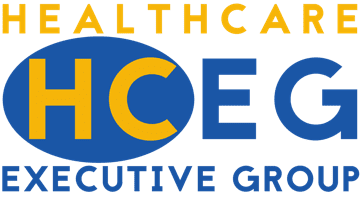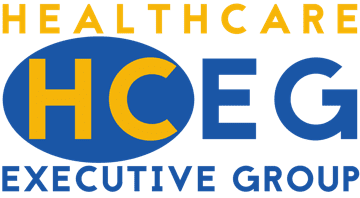
When we look back at the 1960’s (Medicare and Medicaid were passed in 1965), the story was about getting more dollars into the system to pay for the care of elderly and disadvantaged populations. Today, we’re in a serious hunt to find ways to wring dollars out of the system. And the journey we’ve taken with Medicare tells us a lot about what has happened and will happen in the commercial sector.
When Medicare was implemented we paid providers based on submitted charges what seems like a quaint and na’ve approach, but alternatives didn’t show up until 1972 (the HMO Act), with the first reimbursement reform appearing in 1989 when the first step toward non-charge based reimbursement was legislated for Medicare a requirement that professional providers be paid according to a relative value scale. Medicare HMOs didn’t appear until 1997. Every few years another tweak in benefits or payments was legislated, with 2003 bringing the first prescription drug coverage. 2008 started Medicare, tracked in large part by commercial health plans, down the road to mandated reporting on quality measures, federally-incented investments in EHRs, and penalties + payments to drive better, more cost-effective care.
Finally we capped off the decade with the passage of the Affordable Care Act which included not only reforms to the insurance business but various permanent programs to reduce overall costs and improve outcomes. As we look to 2016, when HHS plans to make 30% of its fee for service payments through alternative models and 85% of payments tied to quality or value, growing in 2018 to 50% and 90% respectively, it’s clear we’re moving into a serious doing phase.
For some expert thinking on what this doing phase looks like already and where it’s headed, please join us for our panel discussion From Concept to Reality: Practical Considerations of Implementing Alternative Reimbursement Models. To understand the doing phase, we need to listen to expert doers, and we will be privileged to hear from three of them.
Dr. DiLoreto will talk about how delivery systems are responding to new reimbursement models and provide his perspective on ways payers can work more effectively with their networks.

Craig Samitt will talk about actualizing the vision of changing physician behavior by aligning incentives based on his personal experience.
After their respective brief presentations the panel will take your questions and engage in a lively discussion. Please do not miss this opportunity to listen to and talk about the real world of alternative reimbursement.



